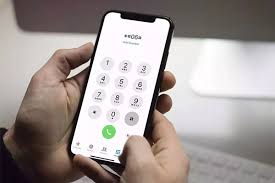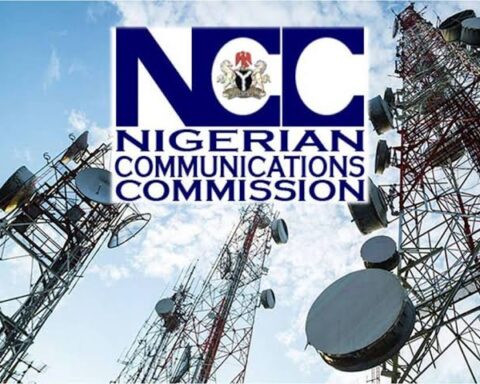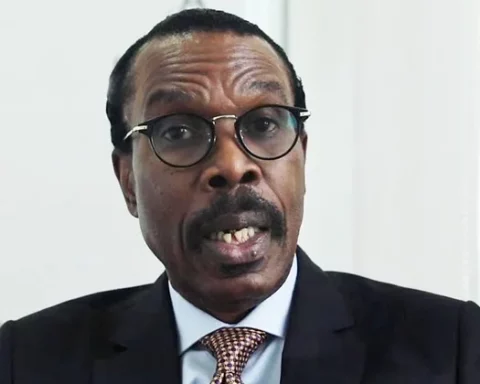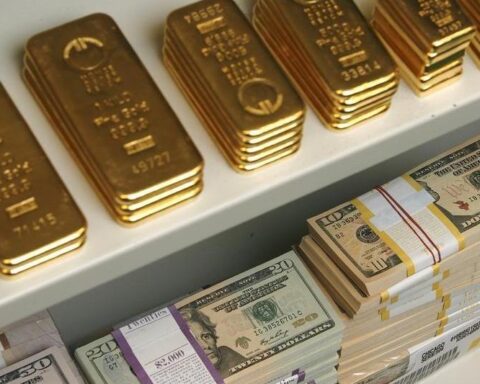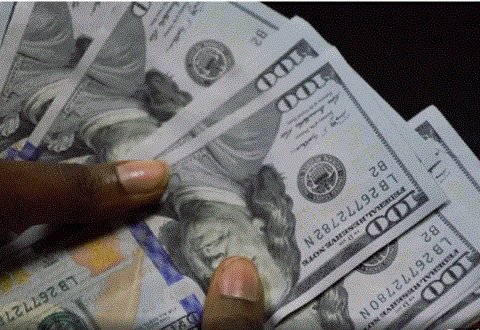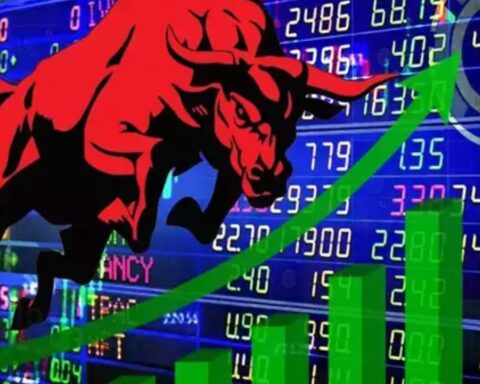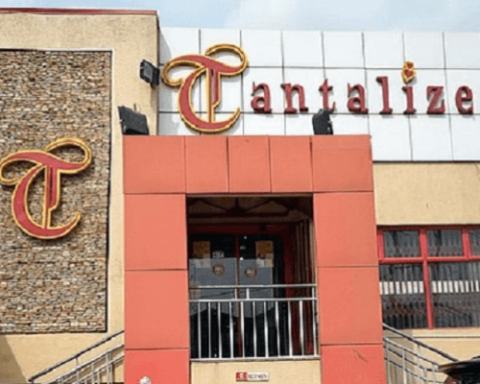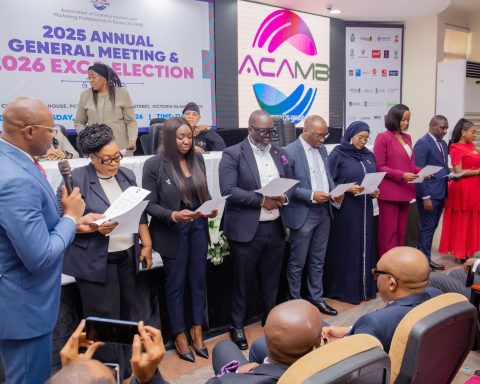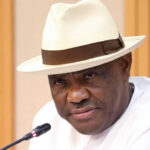Internet data usage across Nigeria has dropped significantly following a recent 50 per cent tariff hike by telecommunications companies, which saw a sharp rise in the cost of telecommunications services.
Latest telecoms industry statistics released by the Nigeria Communications Commission (NCC) revealed that the Internet data consumption in Nigeria dropped from 1,000,930.60 terabytes in January to 983,283.43 terabytes in April. This reflects a 17,647 terabytes decrease (1.76 per cent) over the three-month period.
Join our WhatsApp ChannelThe statistics showed that from the 1,000,930.60 terabytes of data consumption as of the beginning of the year, it dropped to 893,054.80 terabytes in February, went up to 995,876.10 in March, and fell to 983,283.43 in April.
Despite the transient recovery in March, the decline underscores the persistent pressure on consumer affordability.
Analysts believe that the rise in data costs as a result of the implementation of the tariff hike may have forced millions of subscribers to ration their online activities.
The drop came on the heels of the implementation of the 50 per cent telecom tariff increase approved by the NCC in February 2025.
NCC had, while approving the tariff hike, explained that the decision was in consideration of the high cost of operations caused by high foreign exchange rates, inflation, and surging energy costs affecting telecom operators.
READ ALSO: MTN Nigeria Records N1trn Revenue In Three Months — After Raising Data Prices
The tariff hike pushed the cost of data from an average of N287.50 per 1GB to N431.25. It also raised the price of calls from N6.40 to N9.60 per minute, and SMS from N4 to N6.
Apart from the drop in internet data usage, the total number of internet subscribers also fell during the same period.
The NCC data indicate that internet subscribers across various platforms dropped by 176,202 from 142,161,409 in January 2025, to 141,985,207 in April.
Further analysis of the statistics showed that broadband penetration, however, increased by 0.42 percent from 47.73 percent in March to 48.15 percent in April.
Although mobile network operators (MNOs) asserted in their most recent financial report that the 50 per cent tariff hike approved by the Federal Government in January was positively impacting their bottom line, the continual decline in usage since the implementation of tariff hike indicates that many subscribers, particularly those who used the internet via the narrowband (GSM), have plummeted, leaving the service exclusively to broadband users, particularly those in the Fibre To The House (FTTH) segment.
The latest result about the drop in internet usage has further raised concerns about realizing the targets set in the National Broadband Plan (NBP) 2020-2025. One of the targets was achieving a N360/GB by the end of 2025.
On Broadband penetration, the NBP shows that the country is yet to reach the target. While it managed to reach 48.15 per cent in April, the NBP timelines expected the country’s broadband penetration to have hit 50 per cent as of the end of 2023. However, at the end of the year, penetration stood at 43.71 per cent and rose marginally to 44.43 per cent at the end of 2024.
Nigerians Lament High Cost Of Internet Data as Tariff Hike Bites Harder
As telecoms operators and regulators blame legacy challenges, among others asa reason for the slow pace of development and justifying the need for hike in tariff, consumers have continued to groan under the weight of skyrocketing data costs.
READ ALSO: What Telcos’ 50% Tariff Hike Means For Customers
A web development and management expert based in Lagos, Lucius Ude, lamented that the high cost of data has forced him to spend 25 per cent of his monthly income on data. “It is quite painful that I have to spend more than 25 per cent of my income to buy data,” Ude stated.
“I used to buy 10GB monthly for work, but now I can only afford 5 GB. I have to limit Zoom calls and avoid downloading large files,” said Tunde Adebayo, a freelance writer in Lagos.
Social media platforms have been flooded with a barrage of complaints by Nigerians about the excruciating pain inflicted by the high cost of data.
A Geoinformation Technology consultant, Daniel Ayomi, lamented about the soaring cost of data, stating that it would lead to an increasing cost of consultancy services.
“Spending an average of ₦150k monthly on data subscriptions is no joke; it’s really consuming. Dear current and future clients, please note that there will be an increase in our service charges soon,” Ayomi stated via X.
Loseyi, a content creator wrote: “I don’t think we realize how much we are cooked in this country, I never had the reason to rant or talk about economy but at this point it’s hitting badly, I have shuffling all my bank apps, checking mtn and glo app to see which will be okay I can’t afford 6k for 15GB.”
“They increased the cost of data by over 50% and then doubled the rate at which the data is consumed. MTN needs to be stopped,” an X user, Olufemi Ayodele, stated.
A political analyst and media consultant, David Obiasogu, lamented that apart from the high data cost, subscribers are also subjected to a poor network, which makes surfing the internet difficult and frustrating most times. “Data charges have been hiked by 50% yet these telecoms reset their data to drain at high speed! Even worse, the network is extremely poor on the phone and frustrating,” Obiasogu stated.
Victor Ezeja is a passionate journalist with seven years of experience writing on economy, politics and energy. He holds a Master's degree in Mass Communication.




